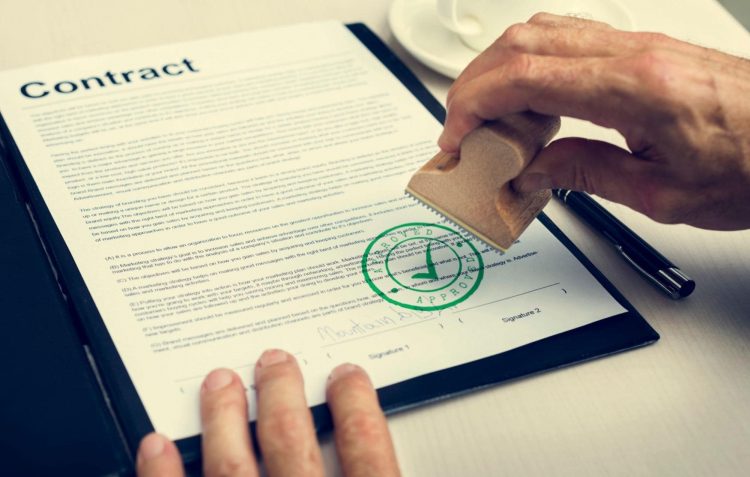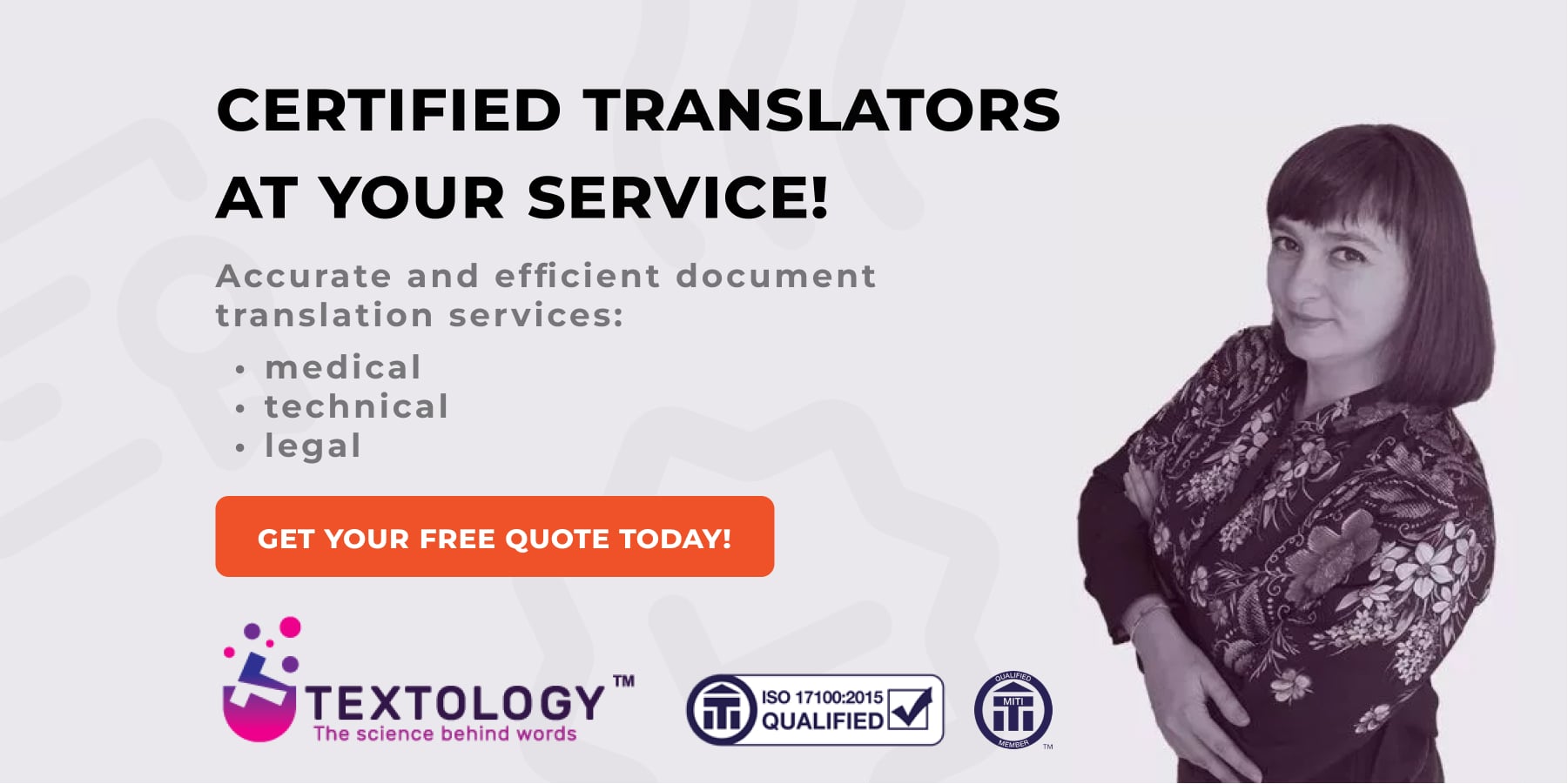
The fact that legal dealings and documents use specific vocabulary and grammatical structures is rather common knowledge. For someone not familiar with legal terminology, even the simplest document might look like gibber and be hard to understand. Things get even more complicated, when it’s written in a foreign language – it’s really easy to misinterpret its content or even miss the point entirely. That’s why legal translations are one of the most important and difficult parts of the translation business. Here’s what everyone should know about the type of language used by legal translators.
What is the legal language?
Legal languages might be considered separate dialects or sublanguages as they use their own semantic, lexical, and syntactic restrictions and grammar rules that deviate from those used by standard languages they originate from. This means that even if the target reader is fluent in the same base language, these two languages may look like they came from entirely different places.
Legal systems of each country developed their own variations of this type of language that can be based on vastly different sets of grammar rules. Each of them can have cultural differences, making it even harder to translate from one language to another.
For example, the English legal system relies heavily on compounded, multi-layered sentences that are mostly written in passive voice. This is opposite to day-to-day communication, as we tend to use shorter, more direct wording and active voice. This may spawn translation issues when target languages use different phrasing, especially when other alphabets are involved.
Specialized legal translators understand how much culture dependent this type of work is, and are aware of potential legal consequences of mistreating a legal text. Especially when it comes to translating it further, based on the original translation from a different source language.
What makes legal documents difficult to translate?
Contrary to appearances, jargon-heavy language isn’t the only problem that a legal translator faces on a daily basis. Legal translations must be accurate and take into account the rules used by the target language legal dialect. Mistranslating just one word (especially in international treaties) can have disastrous consequences, like the over century-long crisis sparked by the Treaty of Waitangi from 1840, which echoes linger to this day. This means there’s no room for machine translation that can’t grasp the nuances of legal relationships.
Each type of legal translation requires specific knowledge. For example, a translator that works with business contracts should be familiar with the given industry, and know local laws and trading customs of the target country. Some legal terms might not even have a direct equivalent. Legal concepts are much harder to transpose due to culture bound terms and legal practices of a given country. Or when a given country uses a mixture of legal systems, e.g., Morocco, which uses a system based on both French law and Islamic law.
Moreover, almost every legal translation has strict deadlines, after which the document (even if it was translated perfectly) is completely useless. So if you need legal translation services, be it for business law dealings or court documents, make sure to submit the documents as soon as possible.
Main types of legal translation
Legal texts can come from many sources. Most translated documents fall into one of four categories:

Who can translate legal documents?
This depends heavily on the country. In the UK, any officially registered professional translator can legally provide valid legal translation. Other countries, such as Brazil and Argentina, require translations done by state-certified translators. Yet in another group of countries (including Sweden, Poland, and Spain) valid legal translation must be done by a ‘sworn translator’. You should be aware of these legal rulings before submitting any translated document. Many law firms establish permanent business relationships with translation agencies for maximum linguistic accuracy.
What documents require certified translations?
No matter which system a country’s legal translators operate on, quite many documents require certified translation before they are considered valid. They can be roughly divided into four categories – court, government, corporate/business dealings and immigration.
The court group consists of any legal document that would be used during hearings and trials, e.g.:
- Witness statements
- Court transcripts
- Litigation papers
- Evidence documents.
Government documents would be any official papers that are issued by or submitted to a legal/governmental body, like:
- Patent confirmations and intellectual property rights documentation
- Death certificates
- Testaments and wills
- Application letters.
Corporate/business documents would be anything that deals with international relations between companies or companies and their employees/clients. Some of the most important among them are:
- Confidentiality agreements
- Legal disclaimers and terms of service
- Patent filings
- Financial reports
- Business contracts.
Immigration documents are everything that is needed for a successful application for temporary visitor’s permit or residency for a foreigner. Those are, e.g.:
- Passports
- Birth certificates
- Certificates of citizenships (or other document proofing immigrant status)
- Driving licences.
How to choose the best legal translator?
Choosing the best possible legal translation service provider isn’t easy. Language skills alone aren’t enough for legal purposes. The best legal translators should also have excellent knowledge (on par with a legally trained person) of the subject, international law, and regional legal system. Due to strict timetables that are often part of legal translation, the translator should also be able to work within strict deadlines.
When looking for legal translators, remember to always verify their experience and check their credentials – especially when it comes to more complicated languages, which use different alphabets and linguistic structures (like most of the Asian languages). This way you can make sure that you hire only the most dependable and trustworthy translator/translation company.
As a London-based translation agency, TEXTOLOGY can prepare the best quality translations of legal, technical, and medical documents. All of our certified translation services are provided by knowledgeable native-speaking professionals. Contact us by email or request a non-binding, free quote for your project and see what we can do for you or your international brand.

